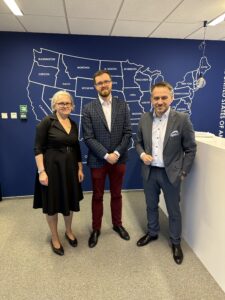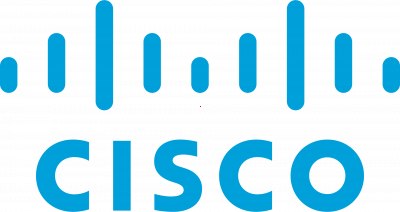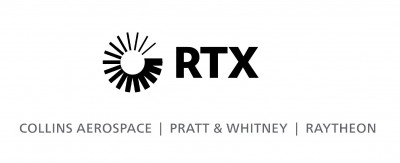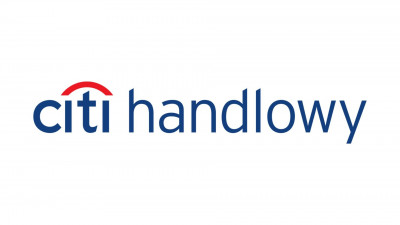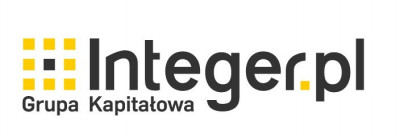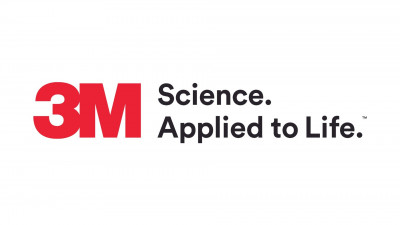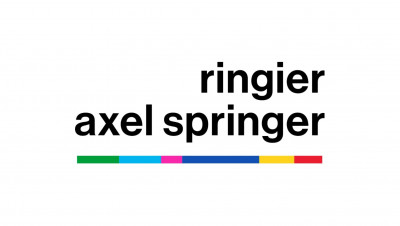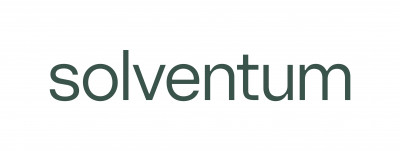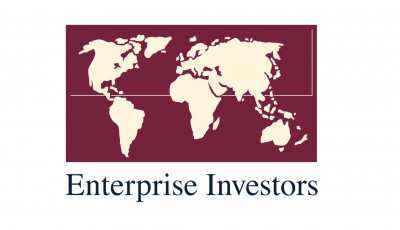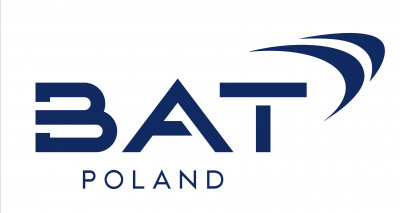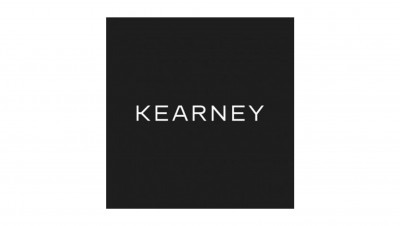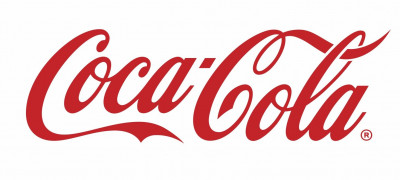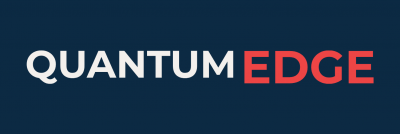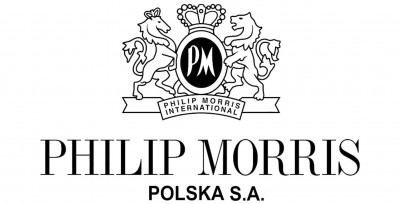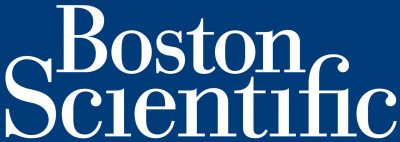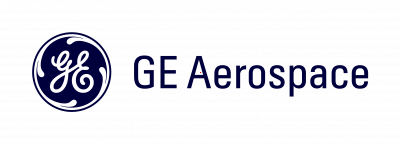Safe and Sustainable Chemicals of the Future: a Paradigm Shift
DATE
LOCATION
EVENT DETAILS
AmCham Sustainability Committee met on February 21 to discuss Safe and Sustainable Chemicals of the Future and the Paradigm Shift.
The Chemicals Strategy for Sustainability, published by the European Commission, sets up a new long-term vision for chemicals policy in the European Union and presents some of the most potentially transformative initiatives of the past twenty years. The strategy aims to achieve a toxic-free environment as established in the "zero pollution ambition" of the European Green Deal. The Commission's Strategy provides an action plan to ban the most harmful chemicals in consumer products – allowing those chemicals only where their use is essential. We have discussed what this "essential use" term means and current chemical legislation, including registration, evaluation, restriction, and authorization of chemicals. Other discussion points included current standards related to classification, labeling, and packaging of substances and mixtures; and key challenges in implementing the EU Chemicals Strategy for Sustainability, like new definitions of safety and ongoing and future substance group restrictions.
In today’s European chemical law, it is the Special Risk Assessment (considering the hazard, the use of the substance, and the associated specific human and environmental exposure scenarios based on which risk management measures are triggered) which is used in most cases. General Risk Assessment (considering the intrinsic hazardous properties of the chemicals only and reflecting the precautionary principle) is present in several legislative files but used rather as an exception. The CSS intends to change this and expand General Risk Assessment approach not only to new classes of chemicals but also to professional users. According to this concept, it would become the rule rather than the exception as it is today. It is only one of more than 80 actions believed to improve the protection of human health and the environment from chemicals with long-term adverse effects under the Strategy’s implementation. The consequences for the whole value chain, including the implications of an indirect ban on using certain end products, however, should be specified.
Thank you to our speaker, Kamil Szydłowski, Government Affairs Associate Director for Central Eastern Europe in Zimmer Biomet (AmCham member company) and Mariusz Wawer, Head of Governmental Relations and Sustainability at 3M East Europe and the Chair of the AmCham Sustainability Committee, for moderating the discussion.
SPEAKERS
Kamil Szydłowski
Mariusz Wawer
